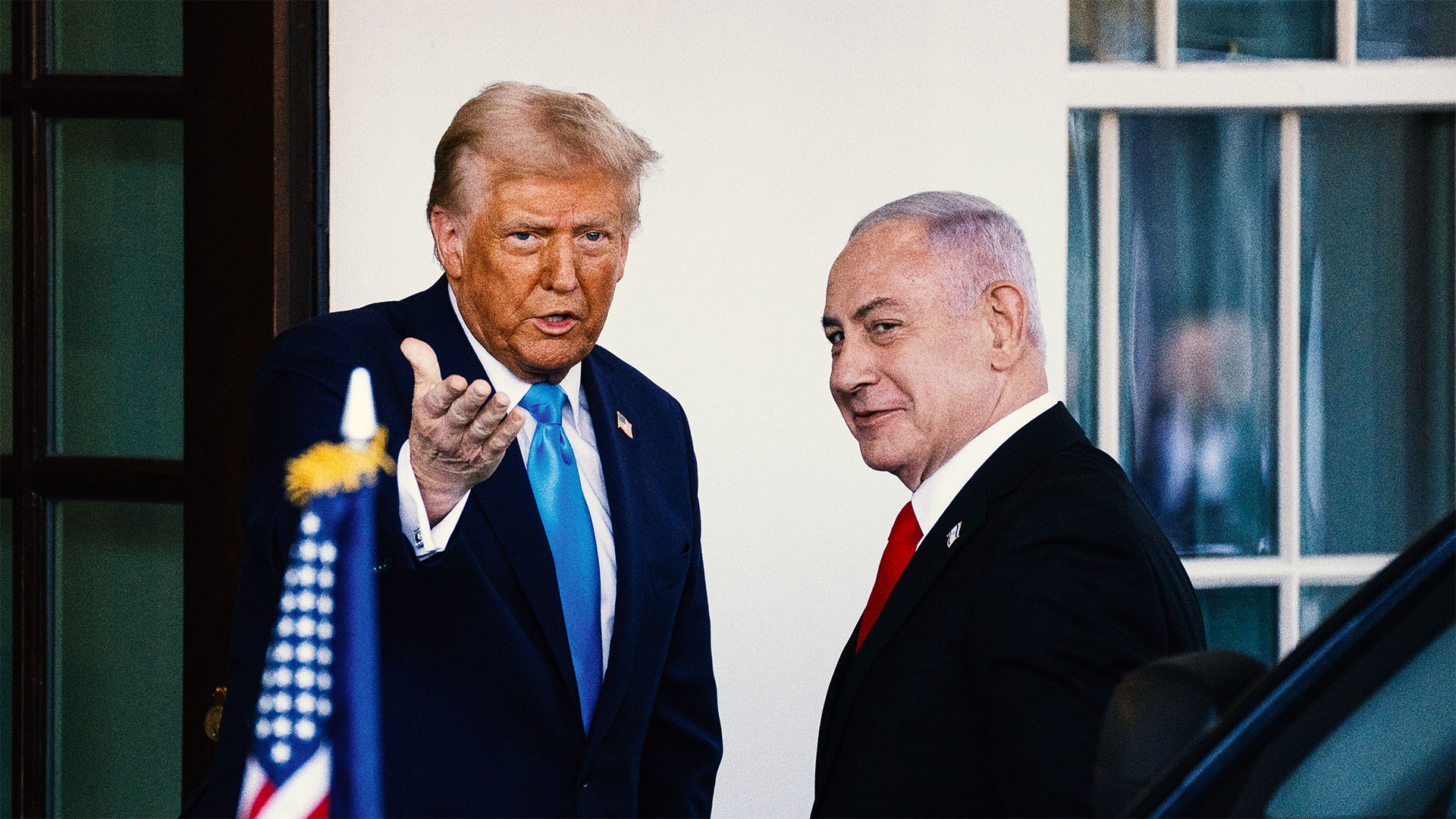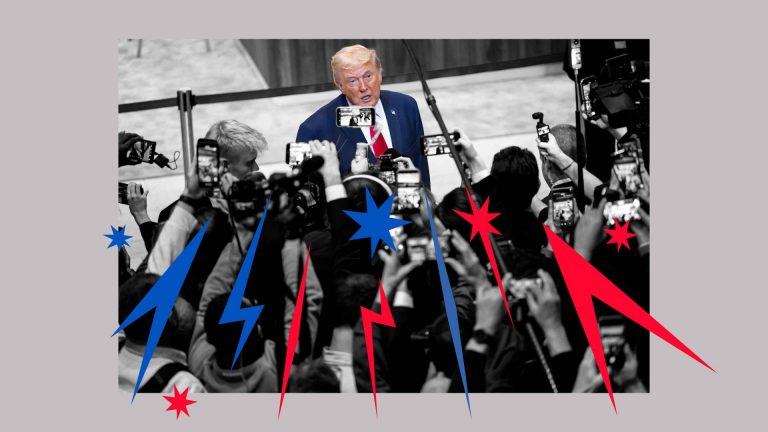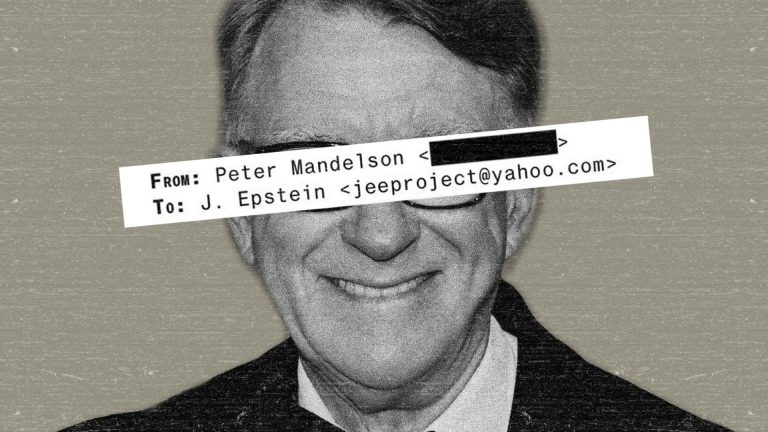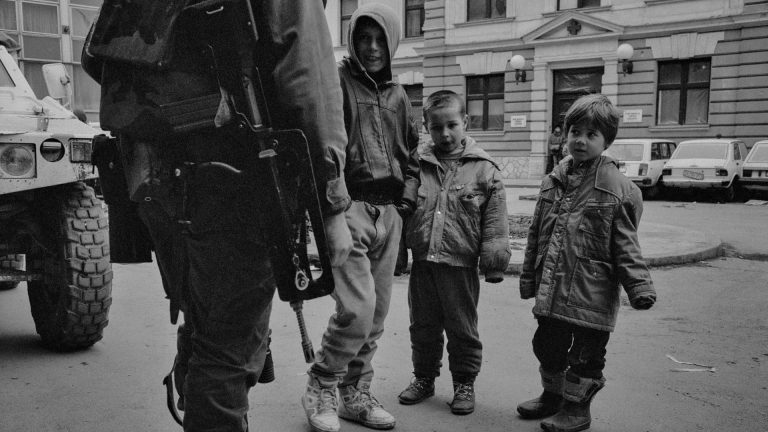On Friday morning, after decades of threats often dismissed as political theatre, Israeli Prime Minister Benjamin Netanyahu authorised an Israeli air assault on Iran as an existential necessity for the Jewish state.
For Netanyahu, the timing was as critical as the targeting, and as personal as it was strategic. Facing plunging approval ratings, mounting calls for his resignation, and a trust deficit he may never recover from, Netanyahu needed a dramatic pivot: “Operation Rising Lion” gave him one. By framing the strike in the language of state survival, he cast himself once again as the uncompromising and indispensable guardian of Israeli survival.
Facing a public that wants him gone, he announced the attacks in language calculated to cast himself as the saviour. If Iran wasn’t stopped, he said, “it could produce a nuclear weapon within a very short time”. As it was, he claimed, Iran already had enough enriched uranium for nine atom bombs.
While international leaders, including secretary of state Marco Rubio, sought in the immediate aftermath of the strikes to distance themselves from the operation, and from Netanyahu, president Donald Trump had already undercut claims that Israel acted unilaterally by telling Fox News that he was aware of the attack before it happened.
“Iran cannot have a nuclear bomb and we are hoping to get back to the negotiating table. We will see,” Trump said, according to Fox.
“Trump noted the US is ready to defend itself and Israel if Iran retaliates,” Fox said.
Operation Rising Lion involved 200 jets at 100 targets, and was aimed squarely at halting the Islamic Republic’s nuclear ambitions. The Times of Israel reported that agents of Israel’s Mossad secret intelligence agency had “set up a drone base on Iranian soil near Tehran,” and smuggled in vehicles carrying weapons systems. The drones were activated overnight, it said, “striking surface-to-surface missile launchers aimed at Israel”.
It came days after the International Atomic Energy Agency watchdog said that, for the first time in 20 years, Iran was not complying with its nuclear safeguard obligations. It also coincided with the unofficial deadline, on Thursday, for Iran to sign a new deal with the United States aimed at curtailing its oft-denied ambition to build a nuclear bomb.
“There has already been great death and destruction, but there is still time to make this slaughter, with the next already planned attacks being even more brutal, come to an end,” Trump said on his Truth Social platform, warning of more Israel attacks on Iran. “Iran must make a deal, before there is nothing left… JUST DO IT, BEFORE IT IS TOO LATE,” he said.
Trump has been closely aligned with Israel since he returned to office in January, and his calls for Iran to back off in the face of more Israeli attacks to come begged comparison between the two populist leaders.
Suggested Reading
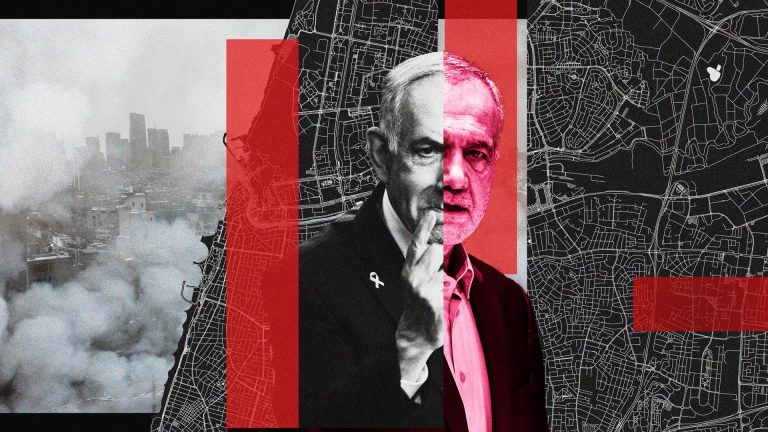
In Tel Aviv as the bombs fell
Both have rhetorical abilities that belie their elite backgrounds to draw support from the grassroots. Both are in search of a legacy: Trump aiming to restore a vision of American prosperity rooted in national pride and economic strength; Netanyahu positioning himself as the enduring guarantor of Israel’s security.
For decades, Netanyahu has advocated the use of force against Iran, which he has called the greatest threat to Israel’s security, through its support for anti-Israel militias in the Palestinian territories, Lebanon, and Yemen, and its efforts to acquire a nuclear strike capability.
Now, with Trump’s blessing, he appears willing to risk regional, if not global, conflagration, to make his point.
“For him, this is personal — for 25 years, he has been talking about this,” said Nadav Shtrauchler, a former adviser to Netanyahu, told the New York Times. “This is the big picture that he has been aiming for. This is his legacy.”
Trump’s return to office capped a year of Israeli military action against Hamas following the attacks on Israeli citizens on October 7, 2023. The Israeli Defence Forces have severely weakened Iran’s anti-Israel proxies, including Hamas in Gaza, Hezbollah in Lebanon, and the Houthis in Yemen. The Syrian regime, which had Iran’s support, was overthrown in December.
His willingness to deal militarily with Iran’s Islamic authorities contrasted with Trump’s initial preference for diplomacy. But Trump appears to have lost patience with the Shiite rulers, telling CNN on Friday that his deadline for a decision on a deal had passed.
CNN’s reporter Dana Bash said Trump told her, “Iran should have listened to me when I gave them a 60-day warning and today is Day 61”. Speaking on BBC Radio, she quoted Trump saying: “They should now come to the table to make a deal before it’s too late. The people I was dealing with are dead, the hardliners. They didn’t die of the flu, they didn’t die of Covid.”
His comments signal tacit support for escalated Israeli military action against Iran while hinting at a strategic alignment with Netanyahu potentially acting as an extension of Trump’s pressure campaign. A new round of talks between Tehran and Washington was scheduled for Sunday, in Oman, though is now uncertain.
Suggested Reading
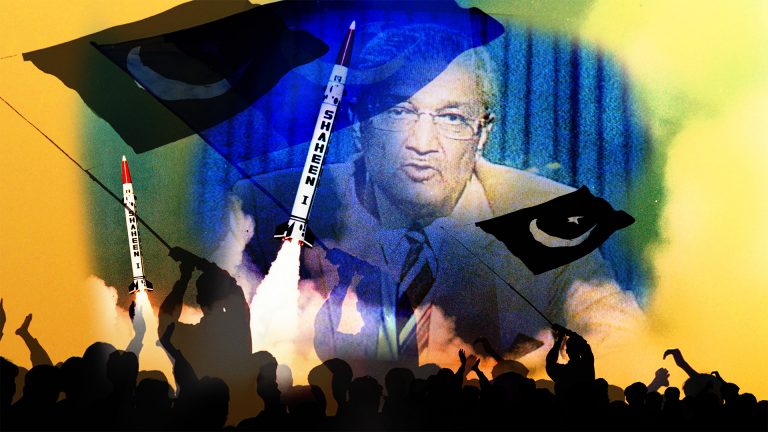
The father of Iran’s nuclear programme
Friday’s attack was typical of Netanyahu’s aggressive style, said Professor Yossi Mekhelberg, a senior consulting fellow with the Middle East and North Africa Programme at the London think tank Chatham House.
It was, he told TNW, “beyond anything even the best Hollywood movie producer could concoct. Who would believe that Mossad had a base inside Iran?”
It proved once again Netanyahu’s instinct for survival – his tenure has been marked by disaster and failure, not least the October 7 Hamas atrocities which exposed the lack of preparedness of the Israeli security forces. Netanyahu also faces numerous charges of fraud and corruption.
“And yet he is still the prime minister. He has more lives than any cat,” Mekhelberg said.
Nevertheless, victory in the skies does not guarantee peace on the ground, and for all the meticulous planning behind Operation Rising Lion, there was little sign of a broader strategy for the political and diplomatic fallout. As the smoke cleared, a more difficult question emerged: what comes next?
“You don’t have to be familiar with (Carl von) Clausewitz to know that there is always a need for a political settlement,” Mekhelberg said.“You can take the hill, but what’s beyond the hill, that’s what matters.”


